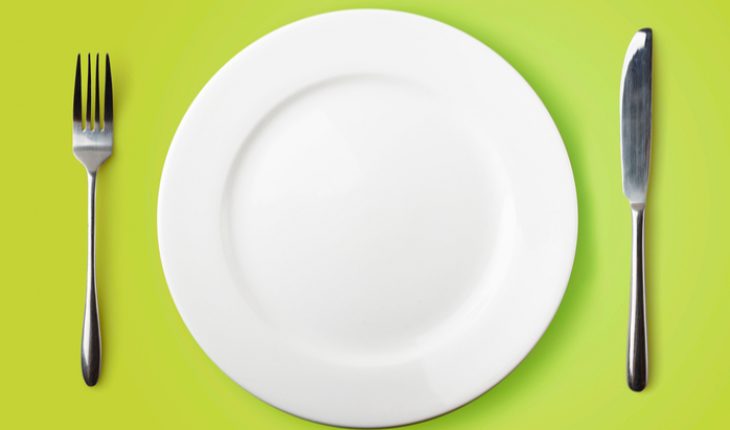What happens to your body due to overeating? The average person’s stomach can cope with around one and one-and-a-half litres of food before feeling the urge to throw up, but can stretch to accommodate four times that much before a rupture occurs. Your stomach expands like a balloon and pushes against the other organs making you want to undo zips and buttons.
Andrew Prentice, Professor of International Nutrition, at the Medical Research Council says, ‘Short-term overeating is a common human habit associated with feasting and celebration. In traditional societies this does no harm and may well do considerable good by replenishing body fat stores in environmental conditions in which extreme seasonality imposes a feasting and fasting mode of survival. It is when overeating becomes sustained over long periods that it becomes a health risk. The fundamentals of the energy balance equation dictate that long-term overeating will always lead to body fat storage and obesity. Overeating of certain specific dietary components, such as saturated and trans-fatty acids’ may lead to health risks – such as cardiovascular disease, high cholesterol, diabetes, high blood pressure, kidney disease and poor sleep.’
Have you ever wondered why you feel lethargic when you have eaten a huge meal which is packed with delicious fats, sugar and carbs? This is because these foods cause your parasympathetic nervous system signals to your body to slow down and concentrate on digesting the food, which makes you feel sluggish. You are likely to feel relaxed and benevolent as your body produces the ‘happy’ hormones insulin causing a glucose high as it digests food, causing a rise in melatonin and serotonin hormones.
Feeling dozy after a large meal is caused by the surge in your glucose level from the delicious sugary mince pies and brandy butter. This can affect the neurons in your brain that normally produce the orexin proteins that keep your brain sharp and awake.
When we smell or see food, our digestive process begins working and gets ready to eat by secreting digestive juices and releasing enzymes and hormones to help breakdown the food.
Digesting a huge meal forces the body’s organs to work overtime, secreting more hormones and enzymes to process food. Regular overeating causes increased cortisol and insulin resistance which can lead to diabetes.
When you are full your fat cells produce the hormone leptin which tells your brain that you have eaten enough. Regular overeating stimulates your body to produce more leptin, as amounts of this hormone correlate to a person’s level of body fat. Regular bingers may build up a resistance to leptin, interfering with the brain’s power to register when you’re full, causing you to overeat and pile on the pounds. Similarly, if you eat too fast you may miss the signal and continue eating past the feeling of fullness triggering the body to make more leptin.
Serial bingers Kings Henry VIII and Edward VII had voracious appetites eating massive meals of around twenty courses – stuffing themselves with roast swan, duck and beef, pork dripping with fat and venison pies washed down with champagne and claret. Both Kings grew so fat they had to be lifted onto their unfortunate horses and helped into their armour. Even greedier, the Roman Emperors including Caligula and Nero famously dealt with bingeing at their lavish banquets by throwing up and starting all over again playing havoc with their digestive systems.
A common saying in Japan is ‘hara hachi bu’ which means ‘fill your stomach to 80%’ and a 2008 St Louis study backed up the theory that always finishing off your plate isn’t necessarily a good idea. The researchers found that limiting calories slowed the production of the T3 hormone which speeds up the ageing process. Professor Prentice warns: ‘Genetic cases of obesity are very rare – it is mainly caused by overeating.’ Think twice before you ask for a second helping!
- People’s Choice Victory for Down’s Syndrome Scotland Garden at Chelsea 2025 - 28th May 2025
- Cadogan: A Chelsea Family By Tamsin Perrett - 3rd May 2025
- Dream Worlds a new exhibition in Cambridge - 14th December 2024






